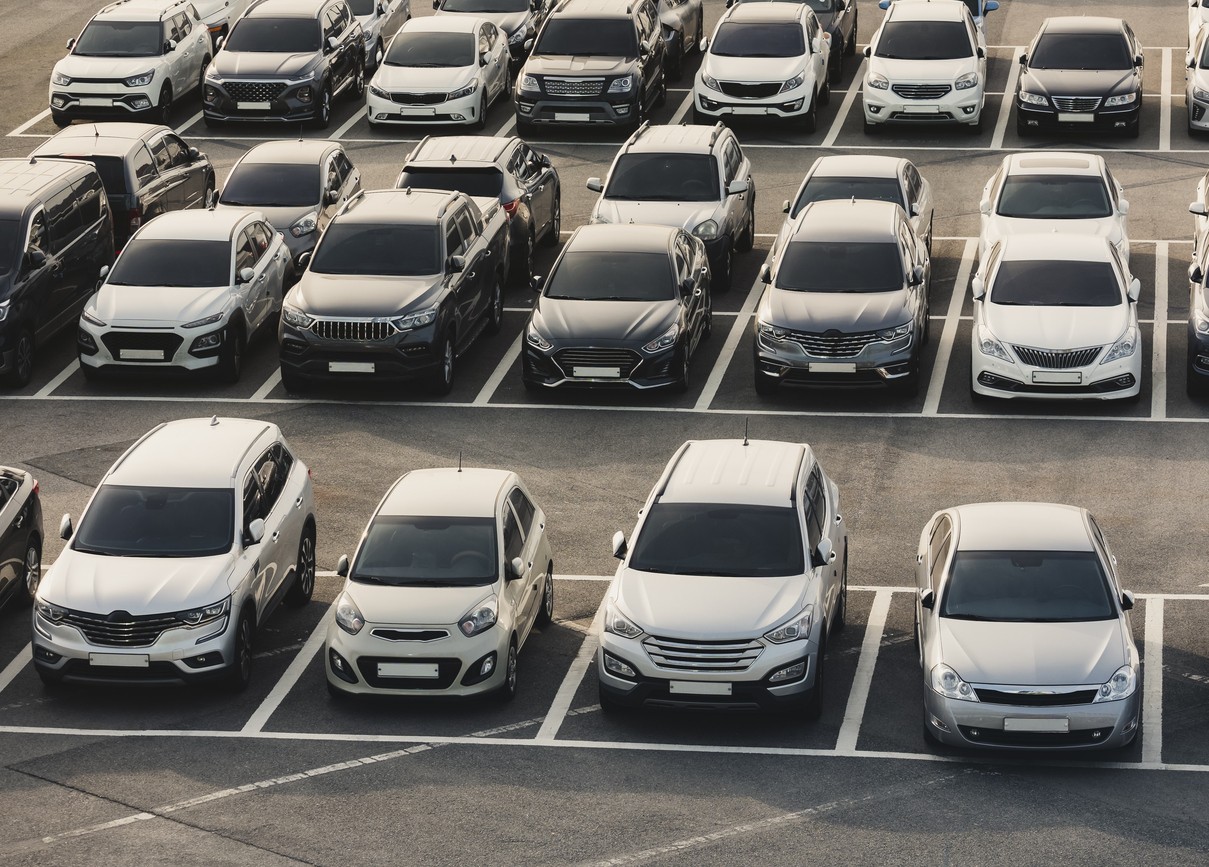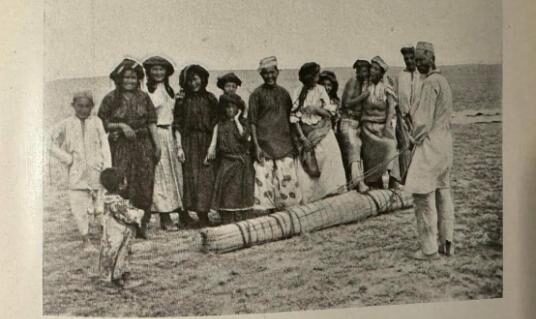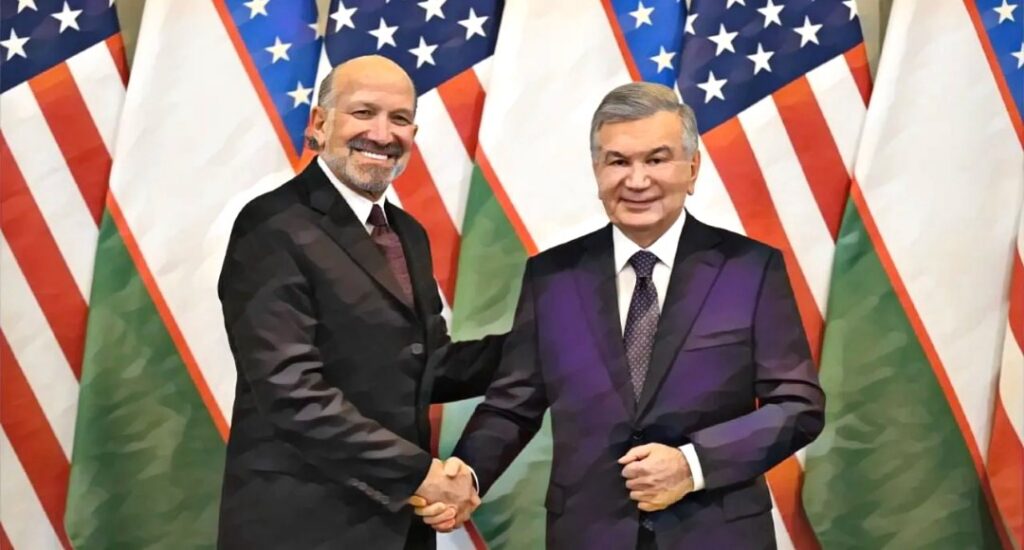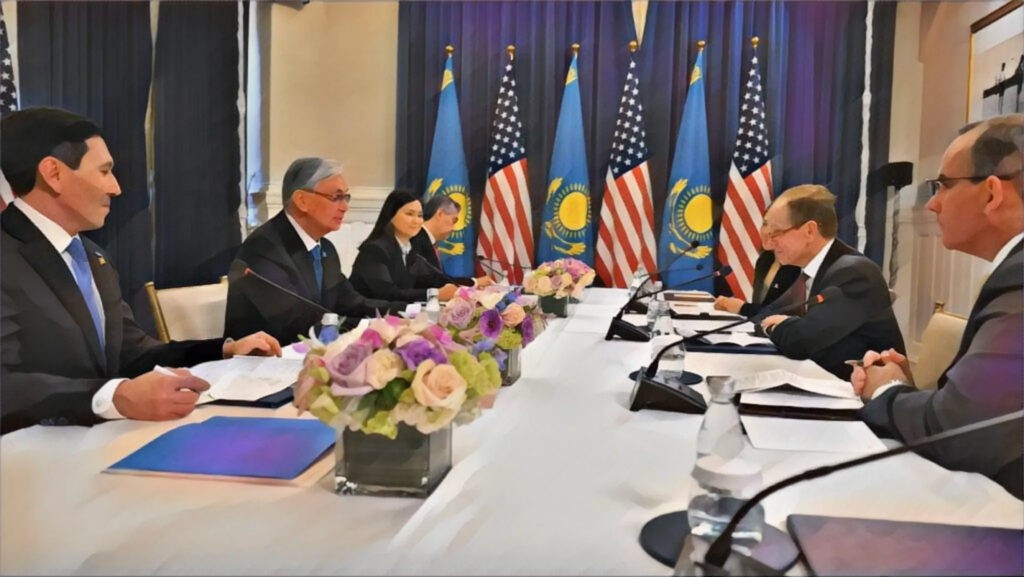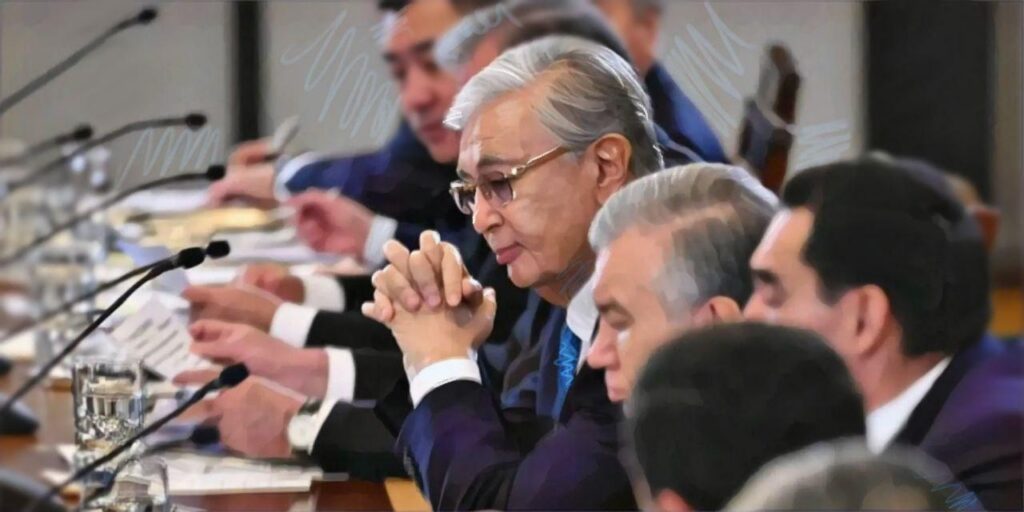The Bureau of National Statistics (BNS) of Kazakhstan predicts a significant decline in domestic motor vehicle production in 2024, with the largest drops—over 14%—in the car and truck sectors. Experts attribute this downturn to challenges in sourcing components and the prevalence of “gray” car imports. In response, the government will implement stricter regulations on importing foreign cars starting December 1.
In 2023, Kazakhstan’s official car sales market surged by 61% compared to the previous year. Official dealers reported 198,686 cars sold, with 70.7% (approximately 150,000 vehicles) produced domestically. However, by late 2023, experts were forecasting a sharp slowdown in domestic production growth.
“Production declines reflect short-term logistical issues, such as securing equipment, raw materials, and components from neighboring countries. To address this, manufacturers are already committing to deepening technological processes for small-unit production. This involves investments in new equipment, expanded facilities, and workforce training,” said Anar Makasheva, President of the Kazakhstan Automobile Union (KAU). “By July 1, 2024, all new production facilities must produce at least one model using this method, while existing ones face the same requirement from January 1, 2026.”
Artur Miskaryan, General Director of Kazakhstan’s Automobile Market Monitoring and Analysis Agency (KAMMAA), agreed that localization requirements are affecting production rates. “Tougher localization demands mean enterprises are investing in infrastructure and training, which temporarily slows production,” he said. Miskaryan also cited logistical challenges at the Kazakhstan-China border, particularly with the delivery of components from China.
While logistical issues may be resolved over time through domestic manufacturing of components, the problem of “gray” imports requires government intervention.
“The issue of ‘gray’ imports has existed for a long time but escalated after customs policy adjustments in 2022 allowed for the legalization of such vehicles imported from EAEU countries,” Miskaryan explained. These vehicles are sourced from various countries—cargo vehicles primarily from China and cars from South Korea, China, the U.S., and the UAE. Such imports often involve falsified environmental compliance documents, counterfeit exhaust system components, or violations of design safety certifications.
Miskaryan emphasized the need for stricter controls on the technical and environmental standards of imported vehicles. He noted, “Reducing government leniency toward imports could follow the example set by neighboring countries, addressing these issues effectively.”
Last year alone, gray imports accounted for 345,000 vehicles—three out of every five cars imported. This undermines domestic manufacturers and poses risks to consumers, as these vehicles often fail to meet Kazakhstan’s environmental and safety standards or adapt to local fuel and climate conditions.
Prime Minister Olzhas Bektenov has called for decisive action against gray imports.
“This is a serious issue, creating unfair competition for domestic automakers. Customs authorities, the Standardization Committee, and law enforcement must address it,” Bektenov said at a government meeting. “Manufacturers cannot compete with vehicles labeled Euro5 but meeting only Euro2 standards. This situation demands stricter oversight.”
The government’s first step has been to limit individual car imports. Starting December 1, an individual can import only one vehicle per year. Additional vehicles registered by the same person within the same year will be classified as intended for commercial purposes. Additionally, only official dealers will be permitted to import new cars, while non-official entities can import vehicles older than three years.
These measures aim to balance support for domestic manufacturers with ensuring fairness and compliance within Kazakhstan’s automotive market.
